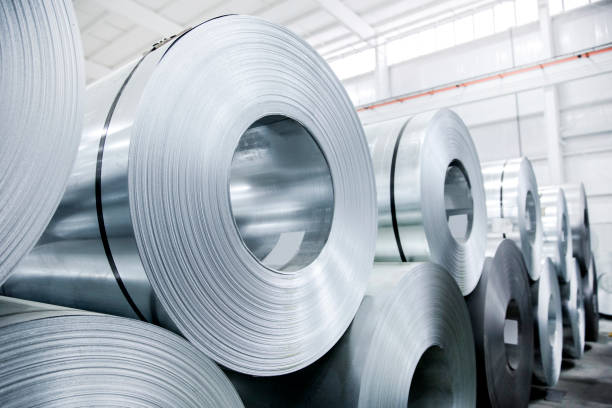When it comes to metal sheets used in various applications, one critical aspect is their ability to withstand the damaging effects of corrosion. Corrosion can significantly impact the longevity and performance of metal components. This is where hard coat anodizing comes into play as a robust and effective solution. We will explore how hard coat anodizing enhances corrosion resistance in metal sheets and why it’s a preferred choice for numerous industries.
Understanding Corrosion
Before delving into how hard coat anodizing works its magic, let’s grasp the concept of corrosion. Corrosion is the natural process of metal deteriorating when exposed to environmental factors like moisture, salt, chemicals, or even pollutants. This degradation can lead to structural weaknesses, discoloration, and ultimately, the failure of metal components.
The Basics of Hardcoat Anodizing
Hardcoat anodizing, also known as Type III anodizing, is an electrochemical process that thickens the natural oxide layer on the surface of aluminum or other metals. This process makes the metal surface considerably more resistant to corrosion while offering additional benefits like improved wear resistance and thermal stability.
Here’s how the hard coat anodizing process works:
- Preparation: The metal sheets are thoroughly cleaned to remove any contaminants and oxides from the surface.
- Anodizing: The metal sheets are immersed in an electrolyte bath and subjected to an electric current. This causes the formation of an oxide layer on the metal’s surface.
- Hard coating: Unlike conventional anodizing, hard coat anodizing creates a thicker and denser oxide layer. The thickness typically ranges from 1.5 to 3 mils.
The Role of Hardcoat Anodizing in Corrosion Resistance
- Barrier Protection: The dense oxide layer formed during hard coat anodizing acts as a barrier between the metal and the environment. This barrier is highly effective in preventing moisture, salt, and other corrosive agents from reaching the metal surface.
- Increased Thickness: Unlike standard anodizing, hard coat anodizing creates a much thicker oxide layer. This added thickness provides enhanced protection against corrosion and wear.
- Chemical Stability: The hard coat anodized surface is chemically stable, which means it can withstand exposure to various chemicals and acidic substances without corroding. This makes it suitable for applications in industries where chemical resistance is essential.
- Improved Adhesion: Hardcoat anodized surfaces are highly adhesive, which makes them suitable for applications where paint or adhesives need to bond effectively. This attribute further contributes to corrosion resistance.
Applications in Various Industries
Hardcoat anodized metal sheets find applications in a wide range of industries where corrosion resistance is critical. Some of the key sectors that benefit from this process include:
- Aerospace: Aircraft components, including structural parts and aircraft skins, rely on hard coat anodizing for protection against the harsh conditions they encounter.
- Military: Military equipment and hardware often undergo hard coat anodizing to ensure their longevity and durability in challenging environments.
- Automotive: In the automotive industry, hard coat anodized metal sheets are used for components like pistons, cylinder heads, and suspension parts.
- Construction: Metal sheets in construction applications, such as curtain walls and architectural panels, benefit from the improved corrosion resistance offered by hard coat anodizing.
- Marine: The marine industry extensively uses hard-coat anodized metal sheets for boat parts, marine equipment, and offshore structures exposed to saltwater and moisture.
Why Choose Wieland for Hardcoat Anodized Metal Sheets?
Wieland, a renowned name in the world of metal manufacturing, is a trusted provider of hard-coat anodized metal sheets. The company’s expertise, state-of-the-art facilities, and quality commitment make it an ideal choice for businesses seeking durable and corrosion-resistant metal solutions.
Hard coat anodizing is a proven method for enhancing corrosion resistance in metal sheets. The thick, dense oxide layer it creates acts as a formidable shield against environmental factors, ensuring the longevity and performance of metal components. For industries where corrosion resistance is paramount, such as aerospace, military, automotive, construction, and marine, hard coat anodized metal sheets from a reliable source like Wieland are the way to go. If you’re in need of strong, metal sheets that won’t let you down, contact us today to get started.

